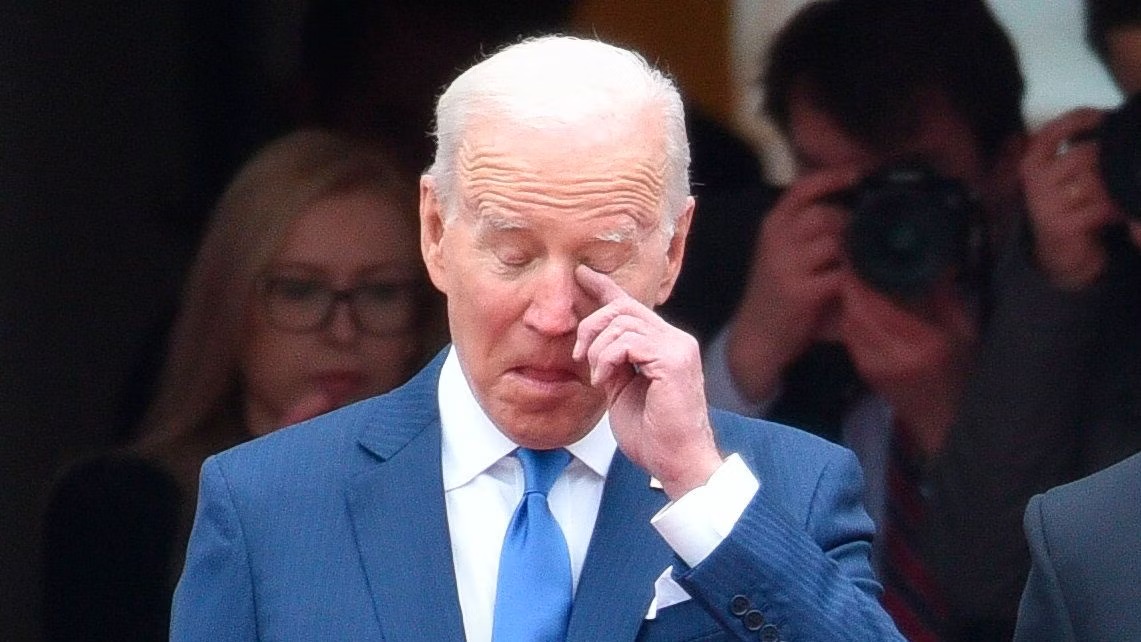
Former President of the United States Joe Biden has received a diagnosis of prostate cancer, which his office confirmed on Friday. The cancer point is especially worrying. It has a Gleason score of 9, which indicates that it is one of the most aggressive forms of the disease. Biden’s cancer cells have already metastasized to the bone, which adds an even more serious note of concern about his health.
Health Concerns Throughout Presidency
As the oldest president in history, at 82, Biden’s health has been one of the most frequent concerns for voters throughout his presidency. His office announced that his aides had kept the public from knowing the full degree of his health deterioration while he continued to serve. Her recent cancer diagnosis only complicates what’s already been a tumultuous health journey.
He had presented to medical attention after developing urinary symptoms, and during evaluation a prostate nodule was found. His diagnosis with prostate cancer comes on the heels of other serious health issues the former president has had. In February 2023, doctors excised a large skin tumor from his chest. To our shock, they told me it was basal cell carcinoma, the most common and treatable form of skin cancer. Over Thanksgiving of 2021, he had a polyp removed from his colon. While it was benign, it had the opportunity to become pre-cancerous.
The former president’s prostate cancer needs hormones in order to grow. Unfortunately, this very feature renders it vulnerable to therapies that starve tumors of these hormones. His office stated that the former VP’s cancer has recently morphed into a more advanced or aggressive form of the disease. It’s hormone-sensitive, which means it can be very well managed. That raises the positive spin of the news, advising that while the aggressive nature of the cancer creates high risks, effective treatments do exist.
Political Impact of Diagnosis
The diagnosis lands after a months-long period during which Biden had already received significant criticism for his competence to hold the office. After a disastrous performance in his June debate, he dropped out of the race for reelection just a few days later. The stakes for his health have only grown since, especially as he made his way through the political gauntlet.
In 2022, Biden prioritized cancer research through his “cancer moonshot” initiative, aiming to halve the cancer death rate over the next 25 years. While serving as vice president, this new initiative expands on that work. He became all the more committed to those same causes after the tragic death of his eldest son, Beau, to brain cancer. Biden’s strong focus on cancer research brings to the spotlight his long personal battle with the disease. Mark is committed to making sure other people don’t have the same treatment experience.
The timing of Biden’s cancer diagnosis announcement raises questions about his future plans, and whether it will help him shift public perception. His ongoing fight with prostate cancer provides a further aggravating factor to his personal health issues. It’s a powerful reminder of the larger impact of our health care and cancer treatment systems here in America.
As the nation watches, Biden’s medical team will likely remain under scrutiny as they manage his condition and determine the best course of action moving forward. The former president’s health continues to be an important topic in the debate over our nation’s leadership, governance, and public trust.
Author’s Opinion
Biden’s diagnosis highlights the vulnerability of even the most powerful figures to serious health challenges. While his personal battle humanizes him and may engender sympathy, it also intensifies scrutiny around his ability to lead. The focus on hormone-sensitive prostate cancer’s manageability is hopeful, but the broader implications for leadership stability and public confidence remain critical questions that the country must face candidly.
Featured image credit: Vitya_maly via GoodFon
For more stories like it, click the +Follow button at the top of this page to follow us.
